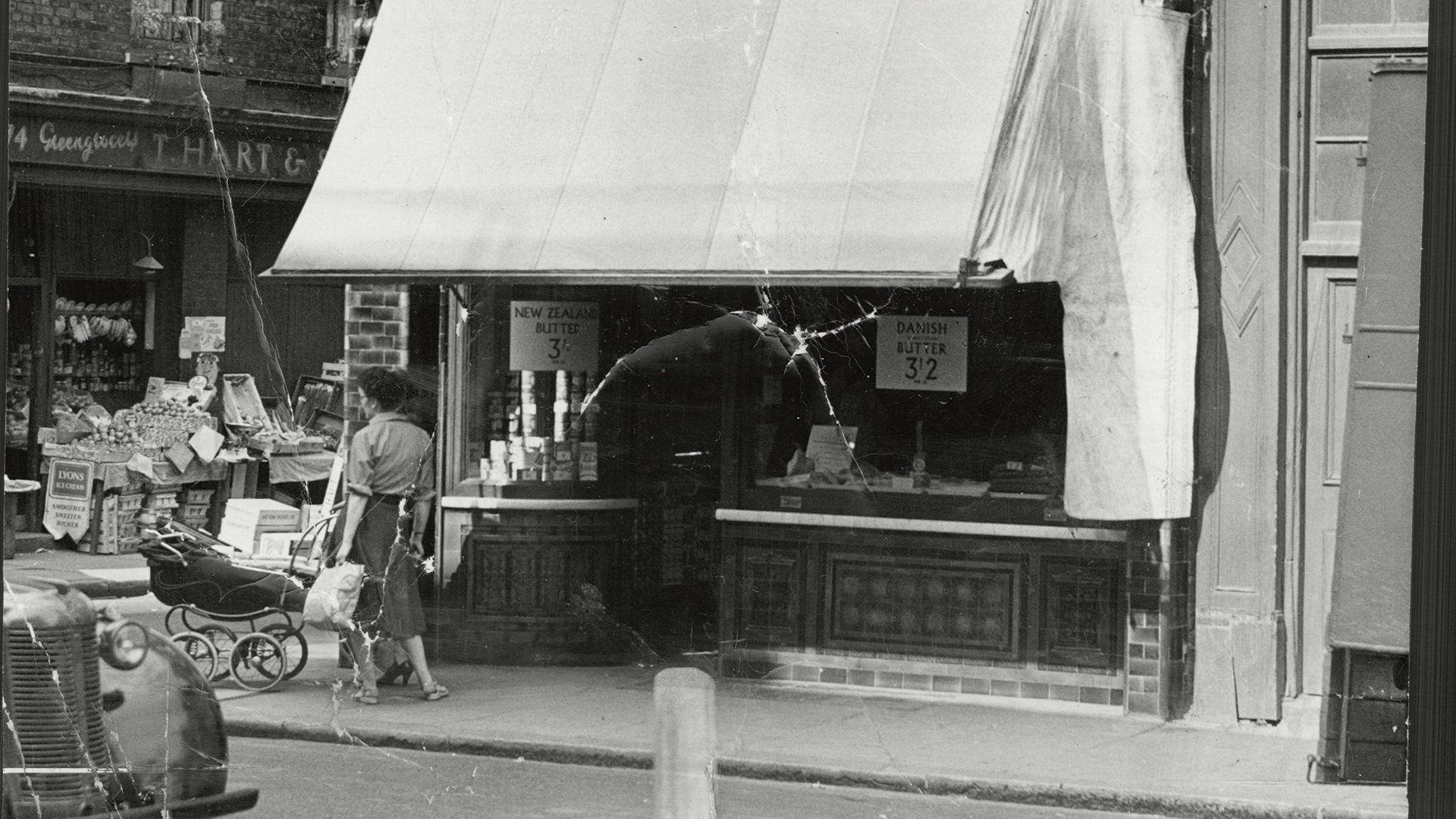The ninepenny wash and brush-up at Waverley station in Edinburgh was the best I have ever had. A wash and brush-up was where you got to half-strip in a bathroom and got in a good clean, with razors for shaving to add to the sense of cleanliness. Going into J Sainsbury pre-supermarket – when it was an old-fashioned Victorian-looking place – to buy a halfpenny’s worth of broken biscuits was a joy.
The above are two simple examples of some of the things you could do in the last 80 years in Britain. In 1968 and in 1952. Getting into a train in which there was no corridor in 1960, was another of the myriad things that were as old as the hills about the last 80 years. Antiquity seemed to rub shoulders with things like converting bombsites in cities into car parks; a modern manifestation of the coming consumerism that would wash over us like a tidal wave, drowning the old and multiplying the new.
Parking meters and parking wardens happened in the mid 1950s and Great Britain seemed intent on finally catching up with the US economy that brought goods and services, and motor cars to people irrespective of their class. In the UK new towns in fresh fields and kindly designed houses arrived! With your own lavatory, so you didn’t have to share as you did in earlier times if you were working class. Or pop to the bottom of the garden to a shed open to all weathers.
- Black History Month: 12 forgotten Black heroes who defined and redefined modern Britain
- Labour’s poverty failure ‘risks driving voters to Reform UK’, warns Big Issue founder
- 100-year-old WW2 heroine Dorothea: ‘As soon as the war finished we were told to go back to the kitchen’
A general sense that we were on a permanent updating of facilities and opportunities characterised the early postwar years that I lived through. From slums to council flats. From radio to TV. From boiled beef and carrots to hamburger and chips.
Viewing the celebrations last week of the 80th anniversary of the end of the Second World War in Europe, taking another four months in Japan, threw up many images of my postwar life. For I was conceived in the closing days of the war and those 80 years were the nursery of my development.
Antiquity rubbed shoulders with innovation of the townscape and the airwaves. But also in the continuous insistence that Great Britain was still an important imperial power that ruled the waves of the world. Of course, that government-sponsored belief got shot down after the Suez crisis in 1956 when America told Britain to stop behaving like a Victorian relic of a bygone time.






